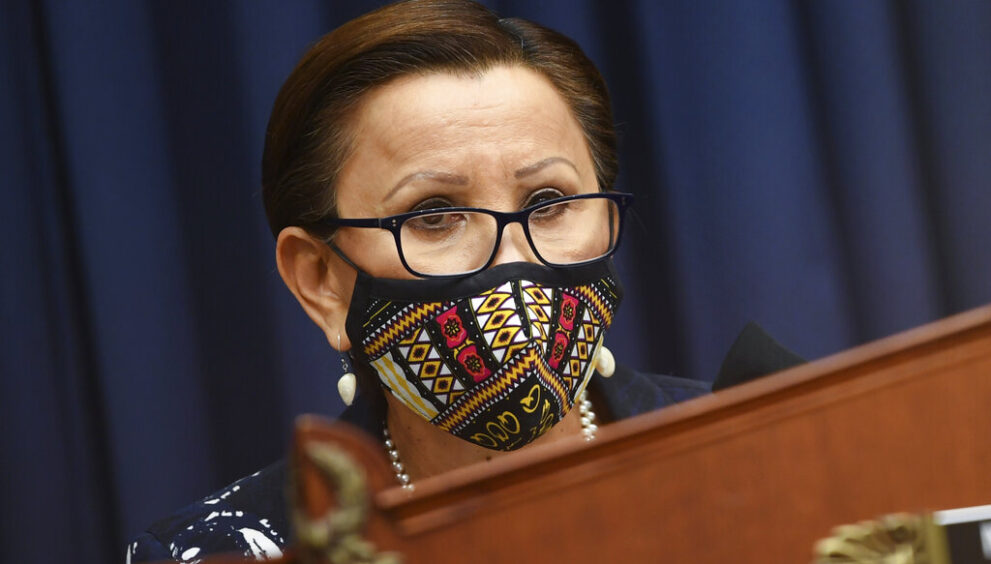Misguided Criticism of Small Business Contracting

Approximately ten years ago, a concerning trend emerged in government contracting: Small businesses started exiting the federal marketplace rapidly, with no new businesses replacing them. Consequently, the number of small business vendors in the government’s ecosystem decreased significantly.
This reduction in the industrial base raised bipartisan concerns and led the Department of Defense to classify it as a national security threat.
It is disheartening to witness the inaccurate criticisms aimed at small government contractors and the programs of the Small Business Administration designed to recruit and support them in the federal marketplace. Criticisms based on opposing “DEI” initiatives or wasteful spending are spreading false information, endangering small business contracting programs, and undermining the small firms that play a vital role in our economy and industrial base.
Establishing and expanding a business is a formidable task. When competing for government contracts, especially for small businesses lacking the resources and scale of larger corporations, the complexity increases.
To level the playing field, Congress, the Small Business Administration, and federal agencies have collaborated to ensure that small firms have equitable access to federal contracts. This is largely achieved by establishing goals for federal agencies to award a portion of their planned contracts to small businesses annually.
These programs are not handouts, subsidies, or preferential treatment. They do not contribute to new government spending. The funds allocated toward the goals are payments to small businesses for the goods or services they delivered to their customers.
Critics opposing these programs as wasteful fail to understand the basic nature of government procurement. If a small business does not obtain a contract, a large company will. The contract does not disappear, and the government does not save money. The difference lies in whether taxpayer funds support small businesses or allocate more money to large corporations.
Detractors of small business programs have falsely labeled these initiatives as “race-based.” Historically, the SBA’s 8(a) program provided certain racial groups with an accelerated eligibility process. However, the program was never exclusive based on race, and in 2023, the streamlined path was eliminated. Presently, all applicants, irrespective of race, must individually demonstrate their social and economic disadvantages.
Portraying small business programs as “race-based” is a purposeful distortion intended to incite controversy. Furthermore, it implies that business owners benefiting from these programs are unqualified, an inaccurate and offensive assertion.
When discussing wasteful government spending, people typically refer to instances where the government overpaid, acquired unnecessary items, or did not receive what was promised. Some now argue a contract is “wasteful” simply because a disadvantaged small business secured it. This is not about fiscal responsibility but about discrimination.
It is perplexing that some equate a firm’s involvement in these programs with a lack of qualifications for both the firm and its owner. Having served on the House Small Business Committee for numerous years, I have not encountered a small business government contractor claiming that the requirements are too lenient or that the processes need more stringent measures.
Government contracts are not awarded lightly. Before issuing a contract, agencies conduct thorough evaluations to ensure businesses meet stringent performance, cost, and schedule requirements. Firms must also adhere to strict labor, cybersecurity, supply chain, and financial regulations. A small business must comply with all these requirements before competing for a contract. Acquiring a federal contract is not a straightforward process; any small business that secures one has demonstrated its qualifications.
If we are genuinely committed to reinforcing America’s industrial base and securing our economic future, we should broaden opportunities for small businesses, not weaken them. These companies foster innovation, generate employment, and offer essential services that larger corporations may overlook.
Entrepreneurs nationwide exhibit hard work, dedication, grit, and perseverance to establish and expand businesses capable of competing in the federal marketplace. They deserve better treatment than these insincere attacks.
Rep. Nydia M. Velázquez (D-N.Y.) serves as the ranking member of the House Small Business Committee, and Rep. Gil Cisneros (D-Calif.) is the ranking member of the House Small Business Subcommittee on Contracting and Infrastructure.


























































































































































































































































































































































































































































































































































































































































































































































































































































































































































































































































































































































































































































































































































































































































































































































































































































































































































































































































































































































































































































































































































































































































































































































































































































































































































































































































































































































